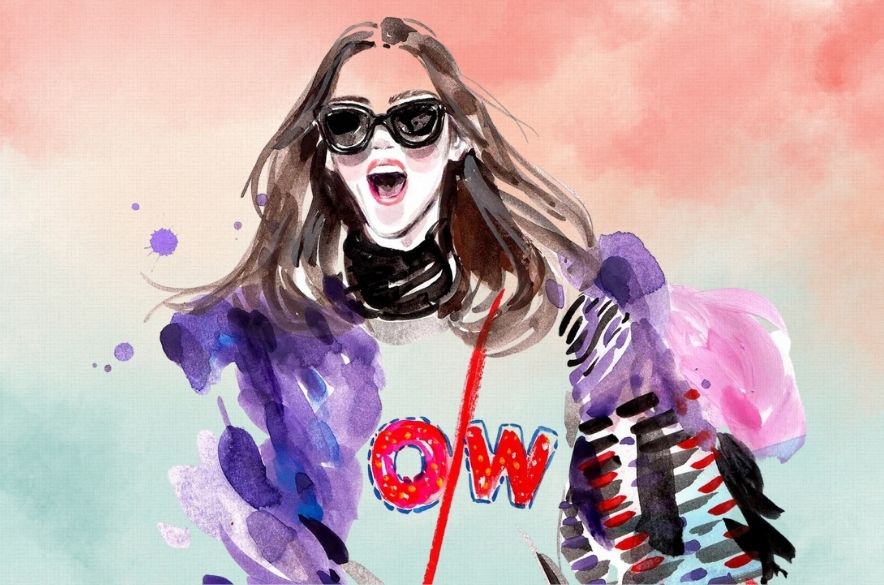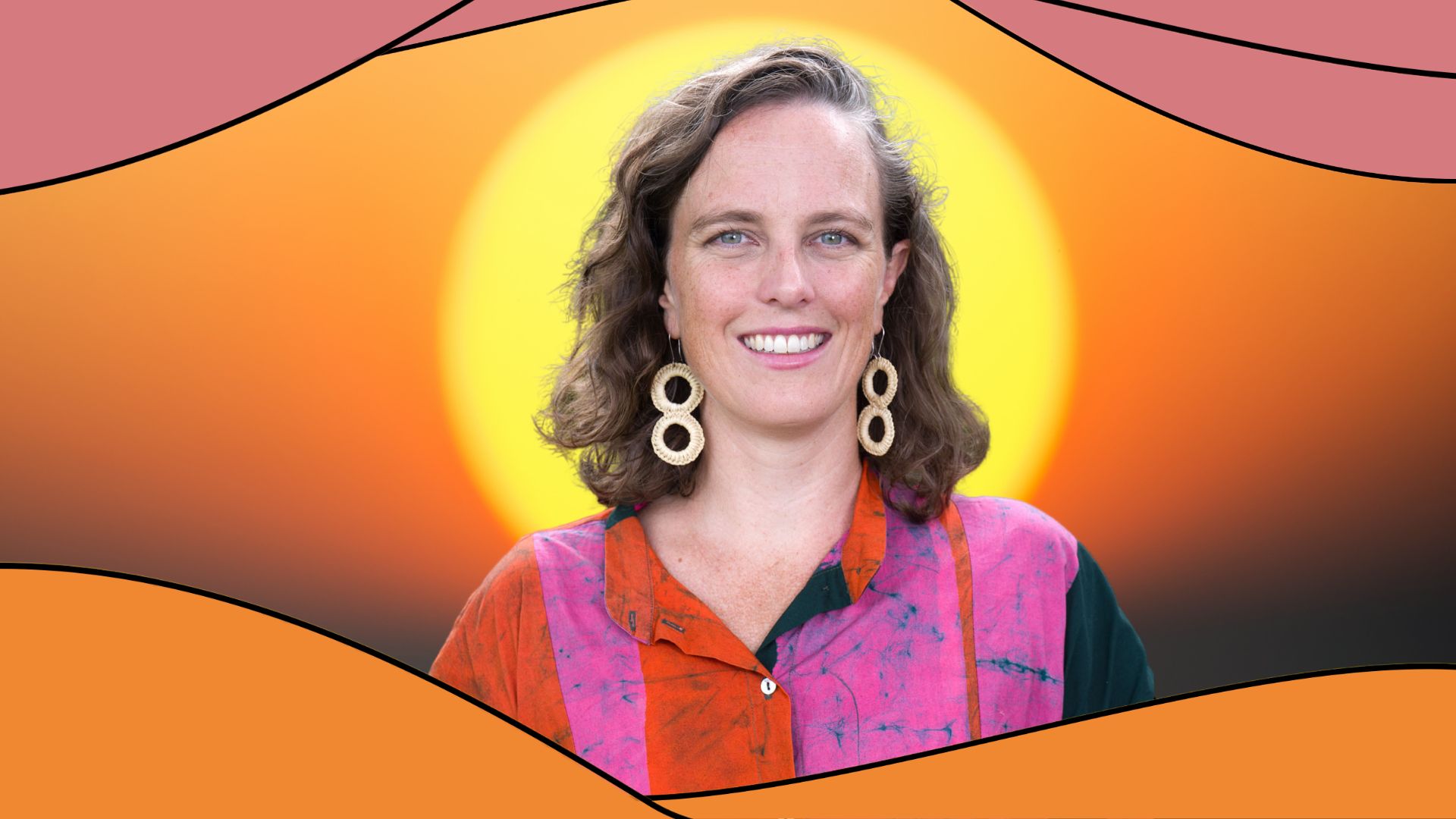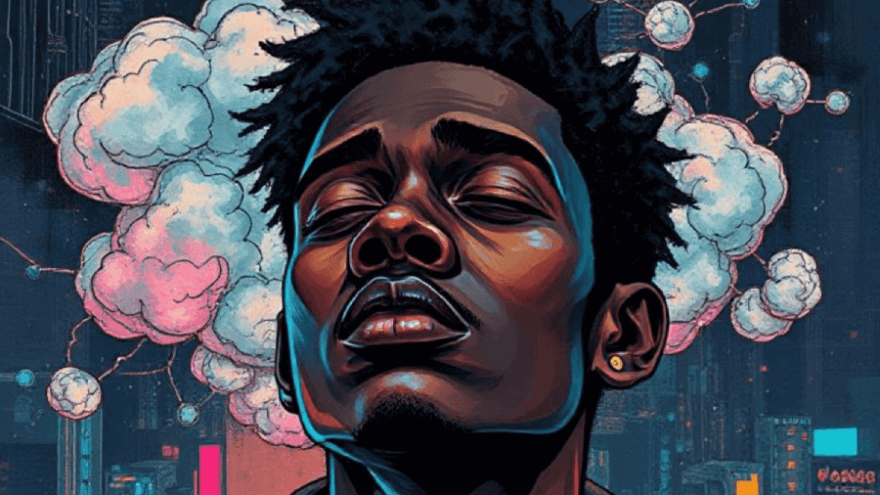Fast fashion may be affordable, but it certainly comes with costs that aren’t listed on the price tag. With human rights violations, supply chains that are anything but transparent, chemical pollution, water and textile waste, and a significant contribution to climate change – an ever increasing number of people are looking for more conscious options. Sustainable and ethical fashion means minimal impact on the environment and maximum benefits for society – and these are just some of the exciting Australian social enterprises leading the way.
Big Fashion Sale
Started in 2010 by two Sydney-based designers, what was once a small-scale event has now evolved into a premier multi-brand fashion event series. Luxury garments from independent Australian and international designers are available at prices up to 80% off.
Congnisant of the fact that the industry is responsible for almost 8% of global carbon emissions, the business is actively taking strides to reduce its environmental impact, first by rejecting fast fashion. Instead, they focus on smaller brands, pre-loved and vintage pieces, locally-produced garments, and high quality materials that last. They avoid using plastic and keep clothes out of landfill too!
YEVU
Proudly Ghanian made, YEVU believes in the transformative impact of economically empowered women. The brand’s aim is to provide Ghanian women with better jobs, a more sustainable income, and improved livelihoods. In Ghana, women typically dominate the informal sector—providing services like house cleaning, meal preparation, and clothes repair. These jobs are marked by unsafe work conditions, low wages, and no safety nets.
YEVU has employed 30 formerly-vulnerable people with full time jobs, producing garments made with fabric purchased from female led micro-enterprises. Even the men and women fulfilling YEVU orders are from a Parramatta-based social enterprise, Avenue. Their range of men’s and women’s clothing also supports The Cova project, which provides sustainable menstrual hygiene solutions to women in Ghana.
Magpie Goose
This powerful clothing brand is Aboriginal-owned and provides a platform for First Nation artists to share their talent and culture. Magpie Goose’s clothes are designed by Aboriginal artists, hand screen printed, and made ethically in Australia. Only natural fibres (linen and cotton) are used, along with environmentally-friendly, biodegradable inks. The garments are designed to last.
Magpie Goose’s social impact is just as significant. To date, the business has generated more than $403,000 in royalty payments for 52 First Nations artists, supported more than 32 screen printers in Australian communities, worked with 56 Aboriginal models, and held workshops to support budding artists.
Etiko
With a motto of “wear no evil”, Etiko produces certified organic cotton, vegan, and fair trade clothing. Their ethical women’s and men’s clothes and footwear brand was founded in 2005, far before ethical fashion was “in.”
Working with Fairtrade manufacturing partners in India, Sri Lanka, and Pakistan, Etiko ensures that premiums are paid to workers so that they get a living wage. Over the years, they’ve supported these communities with thousands of dollars and, by using organic cotton, they’ve supported farmers with the same Fairtrade benefits. They’ve also been kind to the planet by minimizing acidification, eutrophication, energy demand, water use, and global warming potential.
Liandra Swim
Fusing Aboriginal Australian Culture with on-trend designs, Liandra Swim uses fashion to showcase Aboriginal heritage. Their Community Collection prints are hand-drawn and inspired by North-East Arnhem Land. Ethical practices are used and the fabrics are made from regenerated plastics and recycled elastane. Even the packaging is biodegradable!
The business’ Creative Director and Founder, Liandra Gaykamangu, is a Yolngu woman and wants to share Aboriginal culture with more people—regardless of their heritage or background. Ultimately, the brand wants to use the beautifully-designed swimwear to celebrate Indigenous Australia and provide meaningful ways to connect Indigenous and non-Indigenous people.
The Social Outfit
The Social Outfit is a social enterprise fashion label. Their purpose is to support women from migrant and refugee communities, allowing them to kickstart their careers through meaningful employment. With an ethical manufacturing workroom in Sydney, their clothes are made from remnant fabrics donated by fashion industry partners.
So far, they’ve been able to save more than 7.5 tonnes of fabric from landfill! With 100% of their profits supporting their mission, they’re also able to sponsor free training and education programs for refugees and new migrants—even those who aren’t directly involved with the social enterprise.
Borne
Their name’s a hint: Borne dreams of a future free from mosquito-borne disease. To get there, they create mosquito-repellent clothing that can handle the beach and the bush. Not only are the clothes sustainably designed and made from 100% organic cotton, but they also donate at least half of their profits to fund resources like medication and bed-nets for people in areas ravaged by diseases like Malaria.
They transparently share the details of their supply chain, and work with third-parties to ensure that they’re free of slavery and child labor. The insect repellant is impregnated into the garments and can repel mosquitos and bugs for up to 70 washes!
Mantua
Mantua, the Brisbane-based social enterprise, provides high-quality, ethical design and manufacturing services for Australian clothing labels. Not only are they able to offer local manufacturing services for brands, but they also work with highly experienced tailors and designers from refugee and migrant backgrounds.
With a two-fold impact, this fills a gap for Australian fashion brands who want to produce their clothes in Australia, and it provides meaningful employment opportunities for women who have arrived in the country with amazing skills, but who face many barriers to employment.
Second Stitch
Founded in the Melbourne area in 2017, Second Stitch is a social enterprise empowering women from diverse backgrounds through textiles. Their aim is to support asylum seeking, migrant, and refugee women through training in textile production, community workshops and events, and ethical employment.
Over the past four years, they’ve made more than 20,000 products. Their professionally-trained seamstresses have found a place to share their skills and stories and their studio has become a place where people from all backgrounds can gather.



